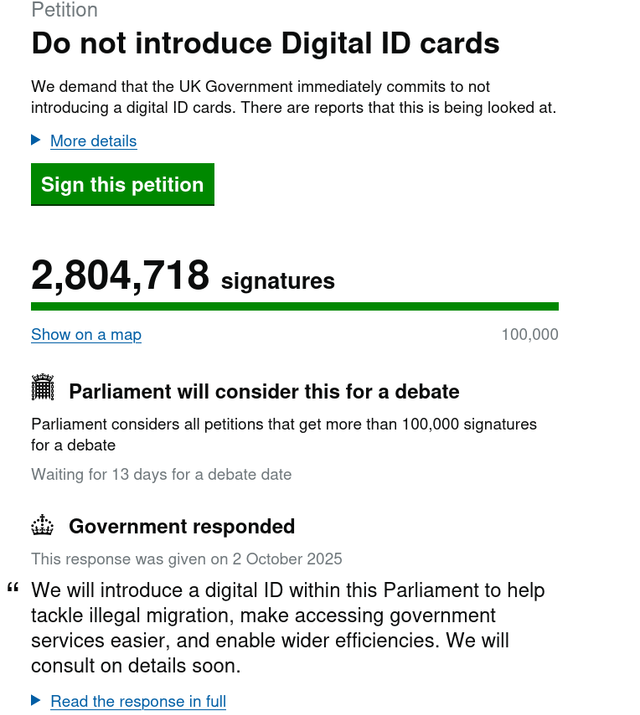UK's Digital ID and Public Backlash
The UK government has been exploring the introduction of a digital ID system, aiming to modernize how citizens prove their identity online and offline. While this promises convenience, it has also triggered a wave of public debate.
What is Digital ID?
A digital ID is a secure online identity that can be used to access government services, banking, healthcare, or even confirm age for purchases—without the need for multiple physical documents.
Pros of UK Digital ID
- Convenience: Faster access to government and financial services.
- Fraud reduction: Stronger verification could help combat identity theft.
- Efficiency: Cuts down paperwork and speeds up applications like renting or job verification.
- Modernization: Brings the UK in line with other countries that already use digital IDs.
Cons of UK Digital ID
- Privacy concerns: Citizens fear surveillance and data misuse.
- Cybersecurity risks: Centralized systems could be targeted by hackers.
- Exclusion: Older people or those without digital access may be left behind.
- Trust deficit: Public skepticism over government handling of personal data.
Public Backlash
The idea of digital ID has met resistance from civil liberties groups and concerned citizens. Many see it as a step toward a “surveillance state,” particularly if it becomes mandatory in practice. Past attempts, such as the ID cards debate in the 2000s, show how sensitive the UK public is about centralized identity systems. The government has stressed that participation will be voluntary, but regaining public trust will be essential for success.
Digital ID could transform access to services and security in the UK, but it must strike the right balance between innovation and individual freedoms. Without this balance, public backlash may outweigh the benefits.
What's your opinion in this topic?
